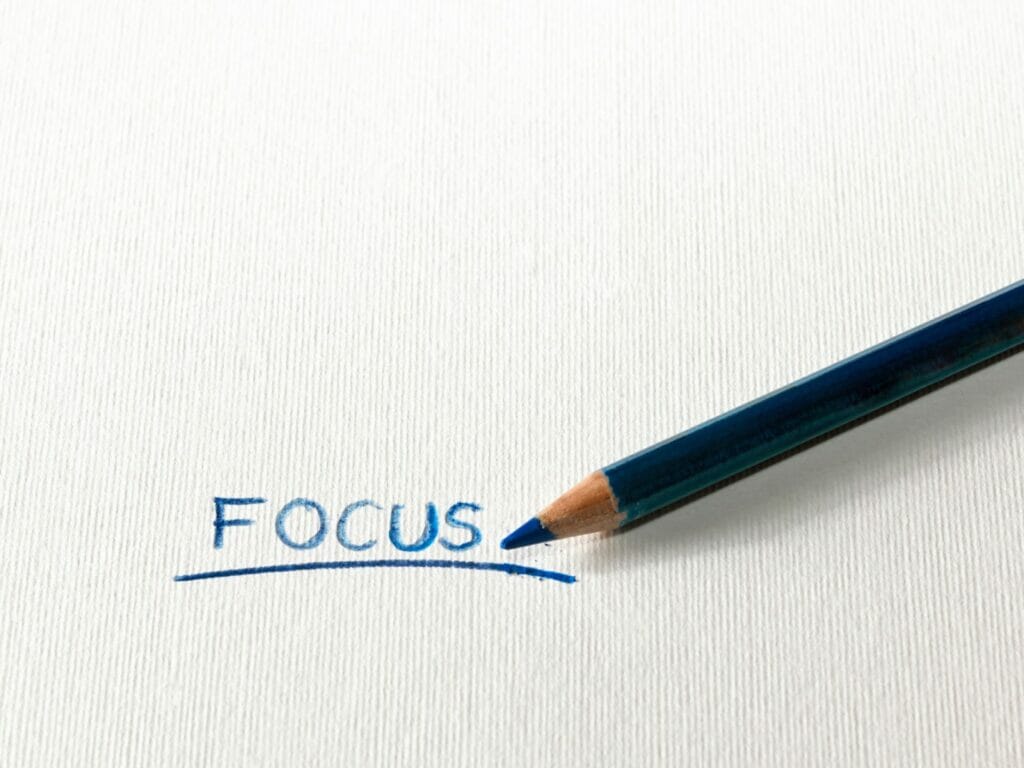

By now, most of us have heard of Marie Kondo’s famous book and Netflix series, The Life-Changing Magic of Tidying Up. It’s definitely nice to be in a clean space, but is it life-changing? Or magic?
Believe it or not, clearing the clutter in your home really can make a big difference in many aspects of your life.
The most obvious reason to clear the clutter is for health and safety reasons.
Too much mess can harbor the growth of dangerous germs, especially in bathrooms and kitchens.
You need to be able to wipe down floors and surfaces. It’s also essential to throw away old food and make sure pipes are clear and functional. This prevents:
But what if you keep everything sanitary?
Are there reasons beyond health and safety to pick up?
Research tells us yes—clearing the clutter can benefit your health in a number of ways.

Decluttering can help you get a better night’s sleep—and not just because you no longer have piles of laundry on your bed.
People living in cluttered homes are more likely to experience insomnia. The exact link between clutter and trouble sleeping isn’t clear, but it is somewhat of a chicken-and-egg problem.
Clutter increases stress levels, which makes it harder to fall and stay asleep. Lack of sleep leads to difficulty concentrating and completing tasks, which can make it hard to clean.
Imagine how your quality of life improves when you’ve had a good night’s rest. Now, let that feeling motivate you—better sleep is on the way.

When your home is messy, it can be difficult to have friends over. You may resist inviting others out of embarrassment, or it may not be possible for practical reasons. Everyone needs a place to sit, after all!
When you create a fresh, welcoming space, you can enjoy the company of your loved ones in your own home. You can even host friends and family from out of town when they come to visit.
Decluttering can help you cultivate your connections and begin creating new ones.
Even if you’re not consciously aware of it, clutter in your home may be affecting your stress levels.

On a conscious level, seeing clutter can be a constant reminder of your to-do list. When you see a pile of items on your counter that need to be put away over and over again, your brain feels a little ping of guilt.
Over time, constantly feeling that need to clean up can create a heavy stress load. And in this day and age when so many are working from home, that added stress all day every day while trying to be productive at work can quickly build to overwhelm.
Clutter can also affect your stress levels subconsciously. Seeing clutter can overwhelm your working memory.
Your brain is constantly working on a subconscious level to determine what you need to pay attention to and what you need to ignore. When there are items everywhere, the brain works harder to process what should be noticed.
On the other hand, cleaning up clutter lets your brain relax. Being in a clean room may decrease your cortisol, or stress hormone, levels.
Just as your brain working hard to ignore clutter can lead to stress, it can also lead to distraction. Cleaning up your space can improve your ability to focus on tasks and get things done.

On a physiological level, your brain will simply have less stimulation. The more you see, the more work your brain has to do. When your area is clean, you can funnel that brainpower into whatever you’re working on.
Clutter affects your focus on a conscious level, too. If you’re noticing cleaning tasks that need to be done, it can be hard to hone in on the task you’re working on.
Even if you’re trying to focus on cleaning, multiple messy areas can make it difficult to choose just one. Every tidying task you complete gives your brain just a little more room to focus.
When you’re in a clean space, odds are you feel better. Studies link cleanliness to a better mood, feelings of accomplishment, and the ability to relax.

Even if life circumstances are bringing you down, having a well-ordered space can still help you respond more calmly to stress.
Emotional regulation is the ability to respond mindfully to your emotions instead of reacting thoughtlessly to triggers. In a clean space, your brain is less distracted, giving you the mental real estate to process your feelings and respond thoughtfully.

Once again, it all comes down to brain space—when you’re not distracted by visual clutter or feeling guilty about jobs left undone, your brain has more space for other things.
You can dedicate the time you spend worrying about clutter to solving problems and growing new ideas. If you create physical art, love home projects, or are a crafter, you’ll have space to work on your projects (and hopefully, motivation to clean them up when you’re done!).
Despite all the benefits of having a clutter-free home, it isn’t always easy to make it happen. If you’re overwhelmed, let Bio-One help you. We have a discreet, compassionate team of cleaning experts who are passionate about helping you.




